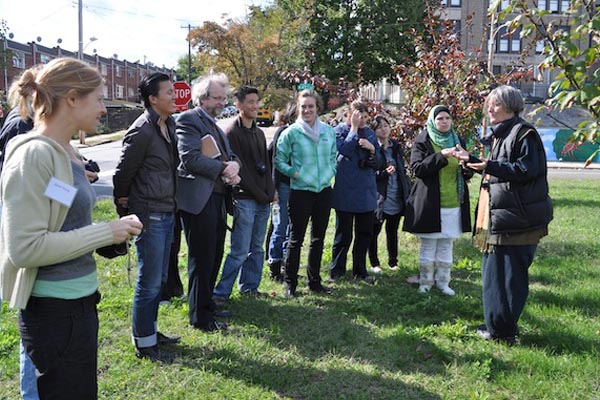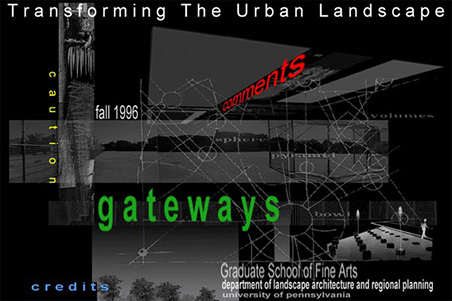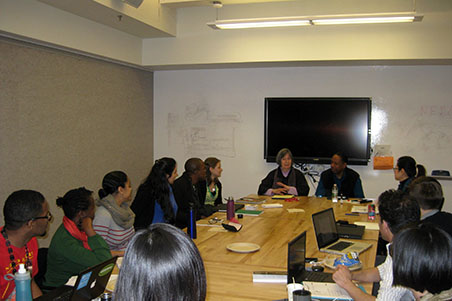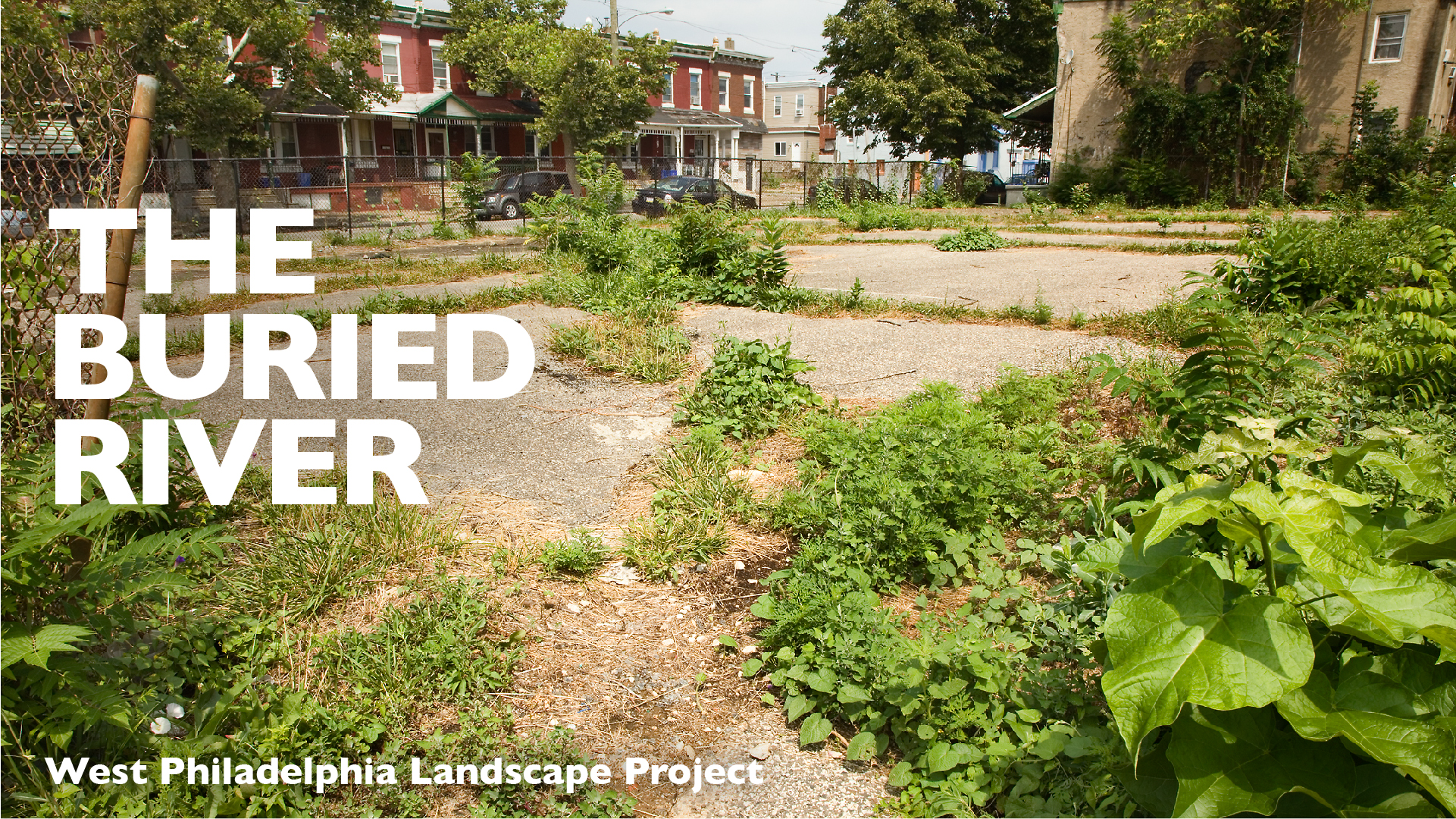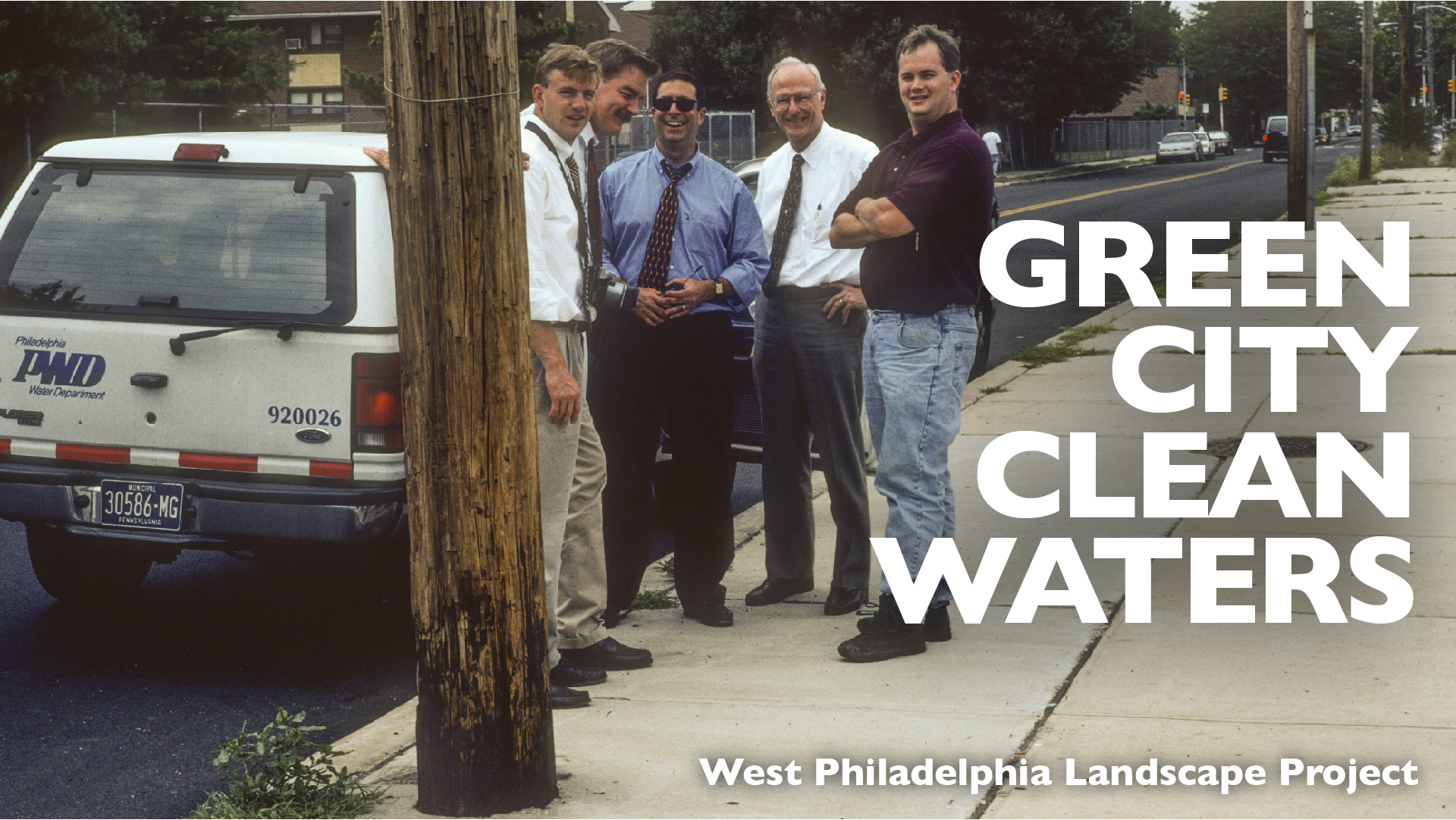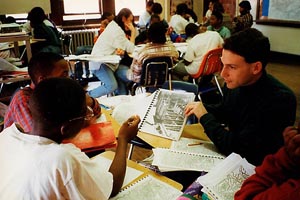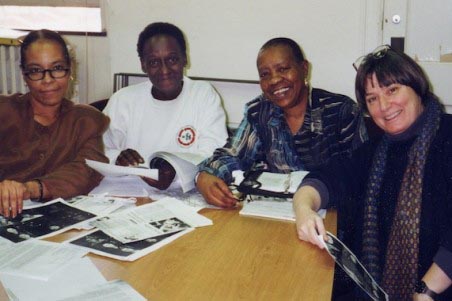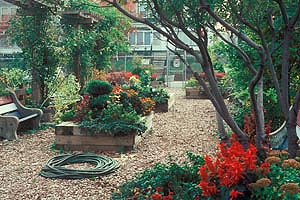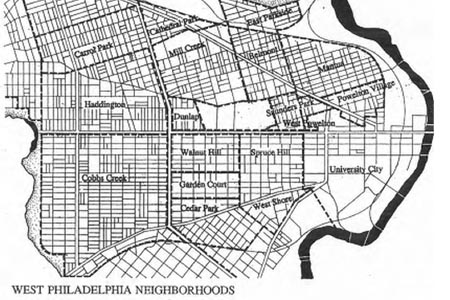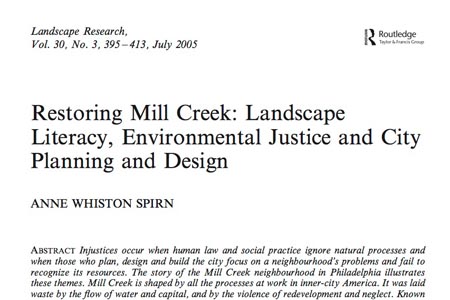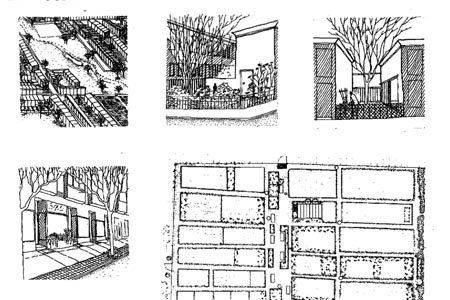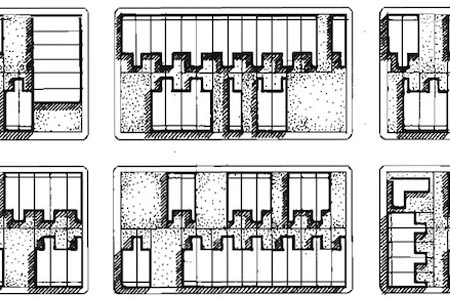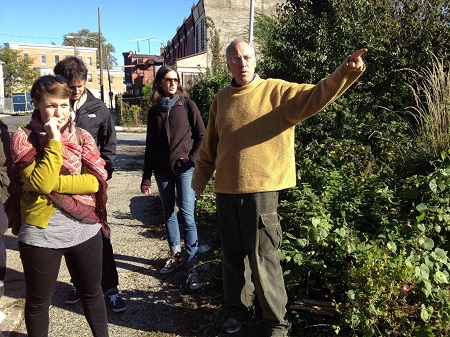
Ecological urbanism is critical to the future of the city and its design: it provides a framework for addressing challenges that threaten humanity, such as climate change, rising sea level, declining oil reserves, rising energy demands, and environmental justice, while fulfilling human needs for health, safety, and welfare, meaning and delight. The class applies principles and methods of ecological urbanism to West Philadelphia's Mill Creek watershed, with a different focus each year.
After more than a half century of redlining and disinvestment, capital is flowing into West Philadelphia's low-income, African-American neighborhoods, and owners are losing their homes through predatory lending and unscrupulous practices of speculators. To make matters worse, tangled deeds make it difficult for heirs to claim a deceased relative's property. These neighborhoods are in dire need of investment, but not through tricking and cheating homeowners out of their homes. Working with Monumental Baptist Church and its community development corporation, the class will develop an action plan to address this crisis.
Working with ecological artist Newton Harrison, the class explored what planners and designers can learn from artistic methods. We began with an overview of theory and practice followed by the task of envisioning a New River for Philadelphia on vacant land in the buried floodplain of Mill Creek. The projects promoted ecological restoration, neighborhood transformation, and the empowerment of youth.
Visit the class and see student work (Coming Soon)
The focus of 2015/2016 was on highlighting and creating opportunities to connect and empower Philadelphia’s public schools, neighborhoods, and public agencies. The class brought together three mutually supportive movements – green schoolyards, community schools and place-based education – to suggest powerful programs, partnerships and outcomes. Led by Professor Anne Whiston Spirn, with the assistance of Mami Hara, students created a set of inter-related projects intended to amplify the impact of existing opportunities to address Philadelphia’s public education crisis.
Visit the class and see student work
In 2012/2014, each student researched and presented a successful case that could be applied to Philadelphia's Green City, Clean Waters program.
